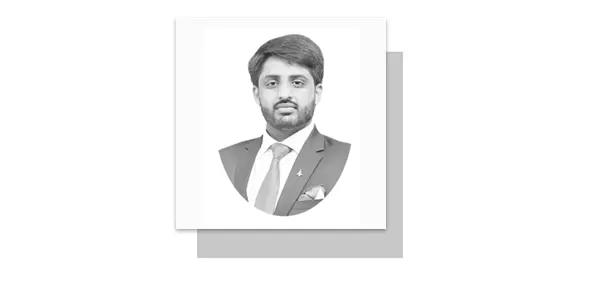UNDER the leadership of PM Modi, the suppression of individuals labelled as freedom fighters in IIOJK has notably intensified. Modi administration implemented stringent measures that many perceive as attempts to quash any dissent or resistance in the region. This approach includes the deployment of additional troops, the enforcement of curfews and frequent internet blackouts which hinder communication and organization of protests. The revocation of Article 370 in August 2019 marked a significant turning point. This move was widely criticized both domestically and internationally as a means to alter the demographic and political landscape of IIOJK. Following this, the government’s tactics have included the detention of political leaders and activists without trial and use of sedition and anti-terrorism laws against those advocating for Kashmir’s independence or greater autonomy.
These actions have been justified by Indian government as necessary for integration of IIOJK into India and maintaining law and order. However, critics argue that these measures violate basic human rights and further alienate the local population, exacerbating the conflict rather than fostering peace and reconciliation. The international community remains divided on the issue, with calls for dialogue and respect for human rights often overshadowed by geopolitical interests. In a scenario rife with geopolitical tension and human rights debates, IIOJK has long stood as a flashpoint between India and Pakistan. A significant chapter in this ongoing saga involves Yasin Malik, leader of J&K Liberation Front (JKLF). The narrative surrounding Malik’s arrest and subsequent trial reflects more than just a legal battle; it reveals a potent mix of political manoeuvring and alleged human rights abuses that have gripped the region.
The chain of events leading to current state of affairs in IIOJK began with the dissolution of Mehbooba Mufti’s government in 2018, under accusations of corruption and a worsening law and order situation. This political upheaval set the stage for the imposition of governor rule, laying groundwork for what many see as a sequence of coercive policies by the Indian government. The most controversial move came on August 5, 2019, when Modi government abruptly abrogated Articles 370 and 35A. The revocation of these articles was not just a constitutional alteration but was perceived by many as an attempt to integrate the region fully into India against the wishes of many of its residents.
Following these constitutional changes, a slew of new laws was introduced, ostensibly to integrate the region but perceived by many as an attempt to alter its demographic makeup. These laws included new domicile regulations aimed at changing the demographic balance in favour of the minority Hindu population, a move that has ignited fears of a demographic transformation designed to dilute the indigenous Muslim majority. The situation in IIOJK since these changes has been marked by severe crackdowns on dissent and freedom of expression. Reports of human rights violations have been rampant, with Indian security forces accused of suppressing civilian population. The Indian government, however, maintains that these measures are necessary to bring peace and development to the region.
Yasin Malik’s arrest and trial have become emblematic of India’s stringent control over Kashmiri political movements. Arrested and tried under severe charges such as waging war against the state, Malik’s case has drawn international criticism, with many viewing it as politically motivated. His conviction by National Investigation Agency (NIA) on terrorism charges is seen by his supporters and some international observers as part of a broader strategy to suppress political dissent in Kashmir. Malik, who had previously declared a unilateral ceasefire in 1994, has seen his past reconciliatory efforts overlooked as old militancy-related charges were revived against him. His trial and the conduct of the judiciary have been heavily criticized, with accusations that the court is acting under political influence, denying Malik a fair trial. This situation raises significant concerns about the impartiality of the judiciary and the influence of political agendas on legal processes.
Global response to Malik’s situation has been varied. While some nations and international bodies have expressed concern over the fairness of his trial, others have remained silent, possibly due to delicate geopolitical dynamics involving India. In regions with significant Kashmiri Diaspora such as the UK, there has been vocal criticism of the trial, reflecting the global dimensions of the issue. The life imprisonment sentence handed to Malik by Special Court of NIA has been decried as unjust by various human rights organizations and political figures within and outside India. They argue that this sentence is part of a larger strategy by Indian government to install a compliant government in IIOJK, further cementing India’s control over the region.
This scenario paints a grim picture of the state of democracy and human rights in India-occupied Kashmir. It underscores the complexities of the Kashmir issue which involves not only territorial disputes but also profound concerns about human rights, justice and international law. As the international community continues to watch, the fundamental rights of Kashmir’s people and their political aspirations remain in jeopardy, clouded by a narrative of security that often overlooks the human cost of conflict and control.
—The writer is Islamabad based expert of strategic affairs.
Email: [email protected]










